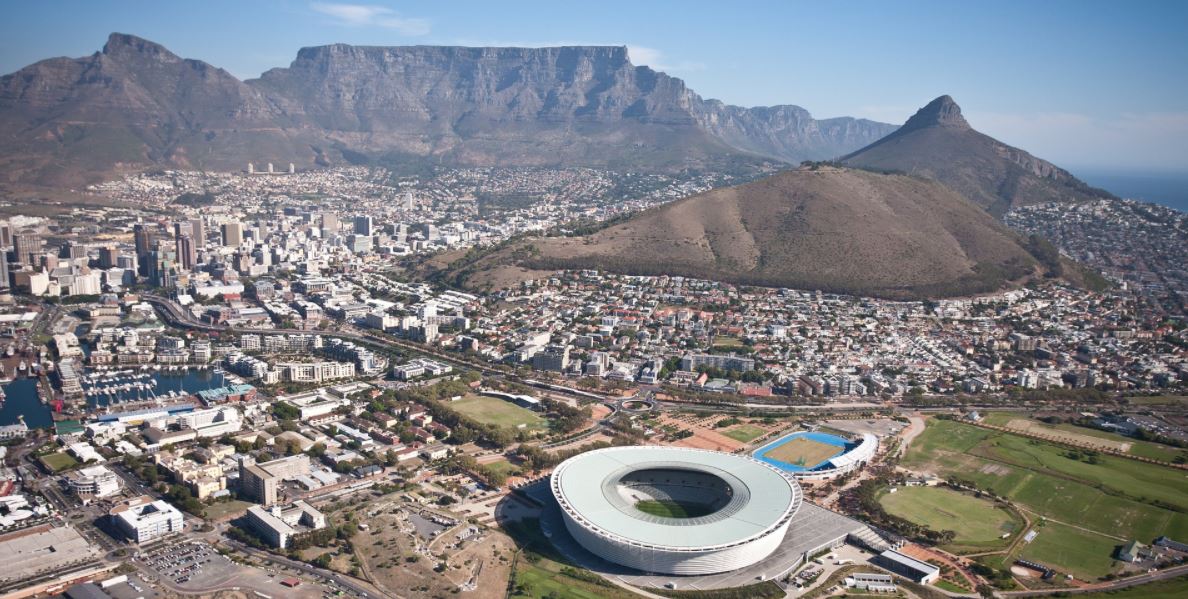Things you need to know before visiting Cape
1 March 2022
The iconic Table Mountain, friendly locals, phenomenal views, natural beauty, and top-notch wines are just a handful of things you can expect when you visit Cape Town. Affectionately known as The Mother City, Cape Town is a popular destination and for good reason.
With some planning and preparation, you can make sure that your trip runs smoothly and is extra enjoyable. Here are some of the things you need to know about transport, culture, weather, seasons, vaccinations, Covid-19 and more.
How to get to Cape Town
The modern Cape Town International Airport is 20km from the city centre. As South Africa’s second largest airport, most major airlines fly directly to the city. Travellers can also fly to Johannesburg and catch a short connecting flight to Cape Town. The airport contains all the services one would expect from a top international airport.
Getting around Cape Town
Getting around Cape Town is relatively easy. The efficient MyCiti Bus service runs through all major parts of the city and surrounds as well as to many of its tourist sites. The City Sightseeing double decker bus is also an excellent way to experience the city’s major attractions and it includes an audio tour in 15 languages.
Hiring a car to explore Cape Town in is an option and there are several rental companies to choose from. Note that South Africans drive on the left side of the road (the same as the UK, but opposite to the USA). Visitors can also hail Uber taxis to get from one place to the next. If your credit card details are loaded on the app, you’ll be able to use the service without having cash on hand.
Visas and travel documents
The visa requirements for entering South Africa are different depending on the country you are from. Some passport holders don’t need a visa if they are visiting for up to 30 days or 90 days, depending on where they are from.
Be especially sure to look up what the requirements when travelling with minors. The country is strict about needing the child’s unabridged birth certificate and if travelling with only one parent, they will need to provide a parental consent affidavit.
The Department of Home Affairs website contains details around visa requirements as well as a list of which countries are exempt. The requirements for visas, exempt countries, and requirements for travelling with children are subject to change without warning, so do check before your trip.
Vaccinations
The yellow fever vaccine is the only mandatory vaccine for visitors travelling from a country at risk for the disease. Some countries recommend that travellers also receive vaccinations such as rabies, typhoid and tetanus, before travelling to South Africa, although these are not mandatory. Malaria is not present in Cape Town, so it’s not necessary to take malaria tablet unless you are travelling from Cape Town to high-risk parts of the country.
Covid-19 protocols in South Africa and Cape Town
Cape Town prides itself on its response to Covid-19. All hotels and tourist attractions follow strict Covid-19 protocols to ensure the safety of visitors.
The country itself also has strict Covid-19 regulations in place to limit the spread of the virus. All international travellers to South Africa need to present a negative Covid-19 test on arrival, not older than 72 hours from the time of departure. You will be required to go into mandatory quarantine at your own cost if you haven’t had a Covid-19 test before departure.
All passengers are screened on arrival and those with symptoms will be kept in quarantine until a repeat Covid test produces a negative result.
It is mandatory to wear a mask in public places and you can be fined for non-compliance. Everyone is encouraged to follow good hygiene practises such as washing hands frequently with water and soap or using sanitiser, coughing and sneezing into the inside of your elbow, and avoiding people infected with the virus.
The best time to visit Cape Town
People often ask what the best month is to visit Cape Town. There’s always something to do in this diverse city, regardless of the weather, so it’s up to you to decide which season will work best for your trip.
Summer (December to February) is generally very hot (pack beach clothes) but is also known for its gale-force south-easter wind. Winter (June – August) is rainy season, so you’ll need to pack a waterproof jacket and boots. Spring and autumn (fall) can be any combination of summer and winter weather, so it’s best to pack a variety of clothing that can be worn in layers.
Is Cape Town safe?
Visitors to Cape Town will find that they feel safe in the city, despite the country’s reputation for crime. As with any kind of travel, it’s important to use your common-sense when it comes to safety. Don’t go out alone at night or to secluded places, beware of pickpockets, and keep your valuable items such as watches, wallets, passports and cameras safe.
Cape Town’s people
Cape Town’s people consist of a fascinating melting pot of cultures, races and languages – all characterised by a welcoming friendliness. The locals will happily chat to you about their culture, the city’s rich history and share their traditional food with you.
